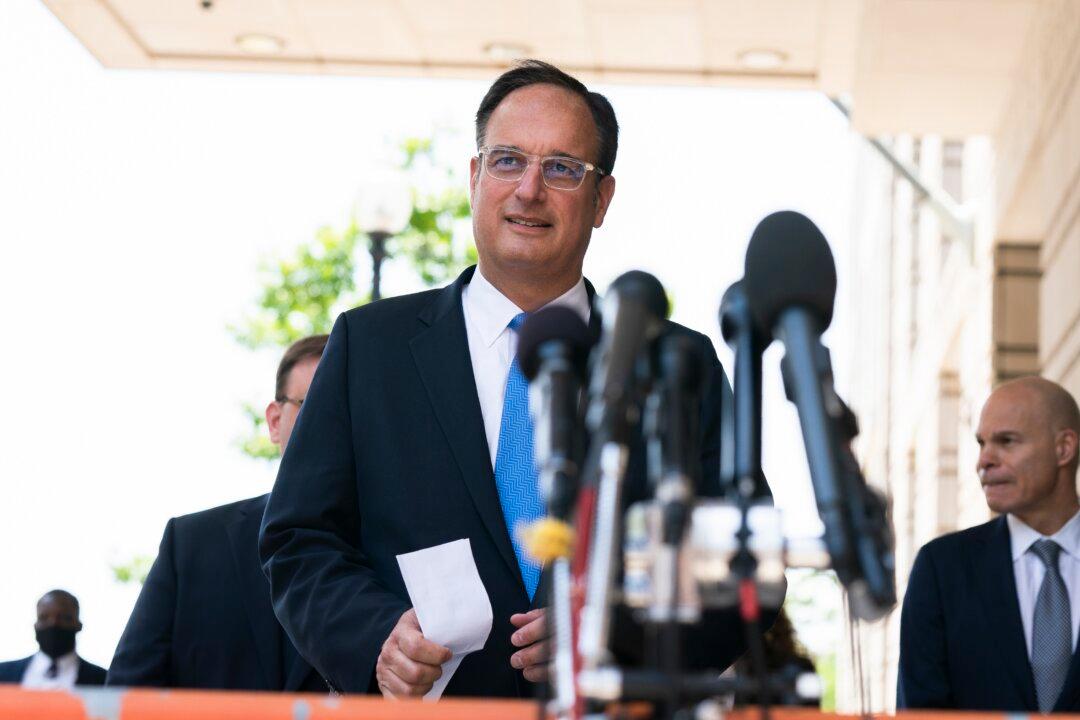It is not known whether Special Counsel John Durham’s team will bring up any criminal conspiracy lawsuit in its investigation into the discredited Trump–Russia collusion narrative until its next indictments are revealed, but facts once disclosed will become public information, said Marc Ruskin, a former longtime FBI agent.
Former Hillary Clinton campaign lawyer Michael Sussman, who went on trial in May 2022 for allegedly lying to the FBI, was acquitted on May 31.






